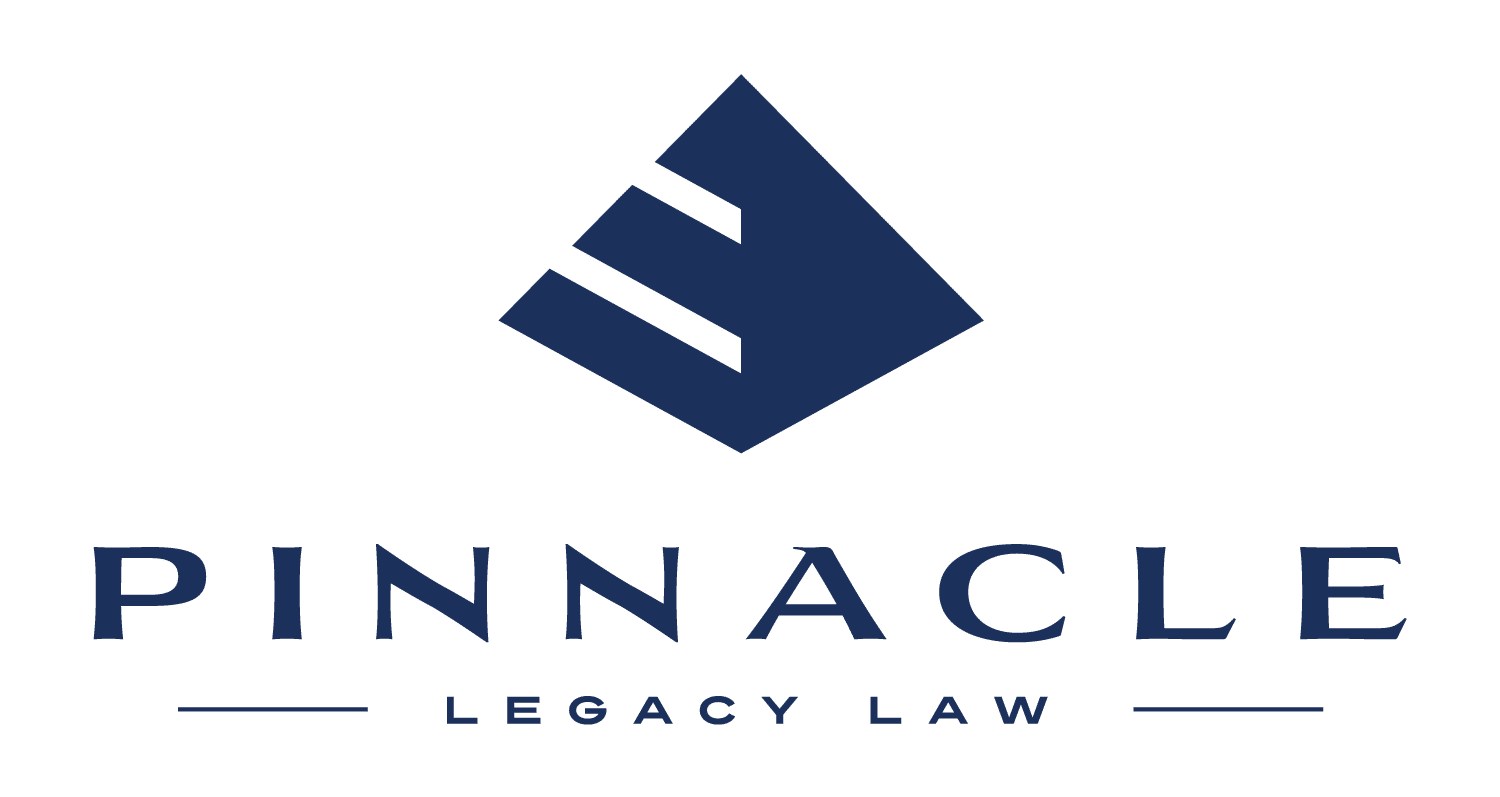Pinnacle Legacy Law
Proactive Legacy Planning
Powerful Protection
Proactive legacy planning involves taking intentional steps during your lifetime to prepare for the transfer of your assets, values, and beliefs to future generations. It typically involves creating a comprehensive estate plan that includes a will, trust, power of attorney, and other legal documents, as well as non-legal strategies such as charitable giving, family meetings, and creating a family mission statement.
Here are some things that proactive legacy planning does and does not do:
Provides a clear plan for the distribution of your assets and ensures that your wishes are carried out after you pass away.
Helps minimize potential disputes among family members and reduces the likelihood of probate litigation.
Enables you to choose a guardian for your minor children and make arrangements for their care in the event of your untimely death.
Allows you to pass on your values, traditions, and beliefs to future generations through storytelling, family meetings, and other non-legal strategies.
May reduce or eliminate estate taxes, which can preserve more of your assets for your heirs.
Proactive legacy planning does not guarantee that your heirs will follow your wishes or values after you pass away.
It does not protect your assets from creditors or lawsuits while you are alive.
It cannot anticipate every possible future scenario, so it may not be able to prevent all disputes or challenges to your estate plan.
It does not replace the need for ongoing communication and relationships with your loved ones.
It does not address every aspect of your legacy, such as your impact on the community or the world at large.
There are several benefits to proactive legacy planning. Here are some of the most important ones:
Control: Proactive legacy planning allows you to take control of your estate and decide how your assets will be distributed after you pass away. Without a plan, your assets will be distributed according to state laws, which may not align with your wishes.
Reduced Conflict: Legacy planning can help reduce the potential for conflict and disputes among family members. With a clear plan in place, there is less room for interpretation or misunderstanding, which can help prevent disagreements and resentment.
Lower Costs: Legacy planning can also help lower the costs associated with probate, estate taxes, and other legal fees. By reducing the complexity of your estate, you may be able to save your beneficiaries time, stress, and money.
Ensuring Protection for Minor Children: If you have minor children, proactive legacy planning allows you to name a guardian for them and provide instructions on their care in the event of your untimely death. This can give you peace of mind knowing that your children will be taken care of according to your wishes.
Passing on Your Values: Finally, proactive legacy planning can help you pass on your values and beliefs to future generations. By creating a family mission statement or establishing a charitable foundation, you can leave a lasting legacy that reflects your values and priorities.
Here are some important things to know about proactive legacy planning:
It is never too early or too late to start: Proactive legacy planning is important regardless of your age or stage of life. Whether you are just starting out in your career or are retired, it is important to have a plan in place.
It involves more than just creating a will: While a will is an important part of any legacy plan, proactive legacy planning goes beyond just creating a legal document. It may involve establishing a trust, making charitable donations, creating a family mission statement, and having conversations with your loved ones about your values and priorities.
It requires ongoing review and updating: Your legacy plan should be reviewed and updated periodically to ensure it still reflects your wishes and priorities. Changes in your family, financial situation, or the law may require revisions to your plan.
It should involve professional help: Legacy planning can be complex, and it is important to work with a qualified estate planning attorney, financial advisor, or other professional to ensure your plan is comprehensive and effective.
It is about more than just money: While legacy planning involves the distribution of your assets after you pass away, it is also about passing on your values, beliefs, and traditions to future generations. By including non-financial aspects in your plan, you can leave a lasting legacy that reflects your life’s work and values.
It is an act of love: Proactive legacy planning is ultimately an act of love for your family and loved ones. By taking the time to create a comprehensive plan, you can help reduce the stress and uncertainty they may experience after you pass away, and leave behind a meaningful legacy that reflects your values and priorities.
Start protecting your legacy.
Click the link below and schedule a call with a member of our team. We will explain our unique process for working with farmers, ranchers and their families. The call is FREE!
